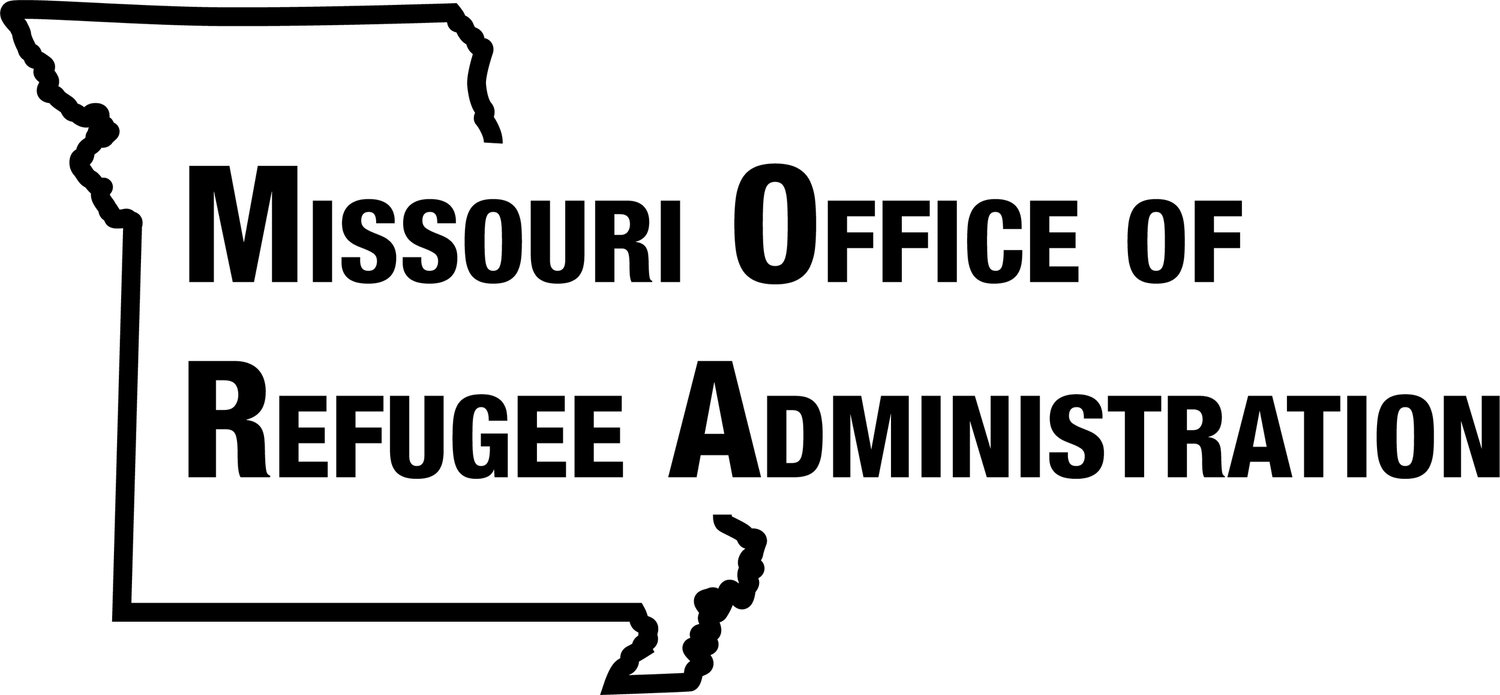In the Spotlight: JVS Youth Mentoring
Navigating enrollment challenges and barriers for refugee students
By Marisa Tesoro
Enrolling at the Metropolitan Community College (MCC) in Kansas City just got a little easier for refugee students.
Thanks to the tireless efforts of the Jewish Vocational Service Youth Mentoring team, there is now a form refugees, asylees, and victims of human trafficking can complete instead of presenting documentation of education from a foreign high school.
Since May 2022, Ayan Ali, the Youth Mentor Coordinator, had been meeting with administrators at MCC to discuss how to accommodate prospective refugee students who couldn’t access documents showing proof of past education. They also had to navigate students only having access to photos of certain documents rather than the original hard copies themselves.
Ali remembers one conversation:
“And one day I asked, ‘So it’s the policy. Does that means it’s like the constitution? Why can we not change this? What is the problem?’ And I told them, ‘If we try to accept everybody, we accept them with their problems. Not only the good things.’”
After months of back-and-forth and ongoing conversations, they made a breakthrough.
“And I was like, I'm so sorry, there is war,” Ali recounts explaining to MCC. “They cannot go back to Afghanistan. They cannot go back to Congo. What do you want me to do?"
MCC and Ali put their heads together to create a form to remove some of the documentation barriers preventing students from enrolling.
The form they created now allows students who cannot obtain official documentation from their former schools to instead write a personal statement explaining why they cannot obtain documentation. There is also space to detail their secondary education experience, including any and all subjects studied. They must still present immigration documentation and sign the form, certifying that all the information is true and correct to the best of their knowledge, but this solution now removes a barrier from the college admissions process.
“They were like okay, if a kid has that form, we can figure it out and go from there,” Ali said.
She is grateful the administrators were open to learning and listening as they didn’t have a lot of experience working with refugee students.
“They were like, the fact that you didn’t give up shows us that this needs to be changed and somebody needs to do something about it,” Ali said.
Her persistence has already paid off. Since the form was released in mid-September, it has allowed 15 students to enroll in MCC who might not have been able to otherwise, and another 15+ are in the pipeline and plan to use this form when the time comes to apply.
As a refugee who came to the U.S. when she was 15, Ali is just trying to be the guide and advocate she wishes she’d had when she was younger and had first arrived.
“What I believe is if you believe in something, don’t give up,” she said. “It was worth it to have patience and just to see how happy they are, how they have this happy excitement, how they have a goal. And they’re like, we achieved something, and now, we are motivated, and that’s all the things. I wanted them to be motivated because it’s very hard for them to come here and learn English and do it all over again.”
If you would like a copy of this form, feel free to contact Marisa at MO-ORA for more information.

